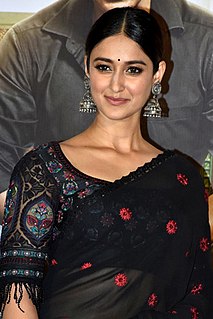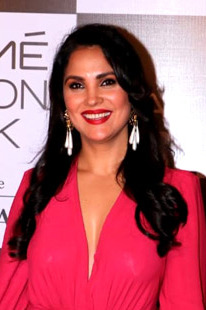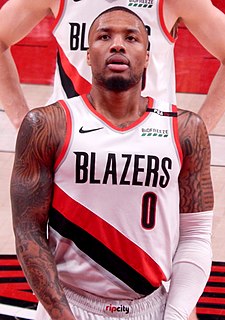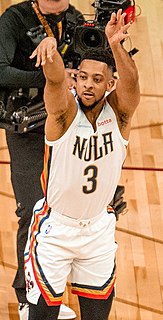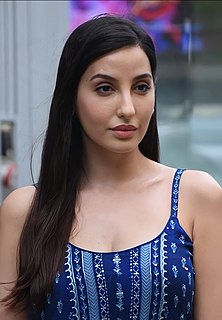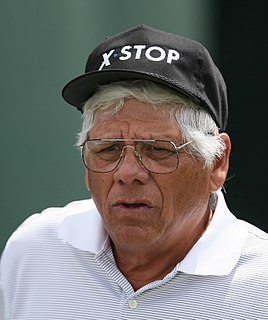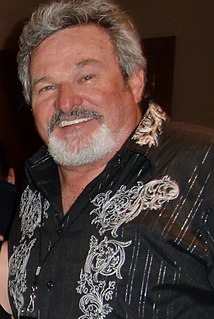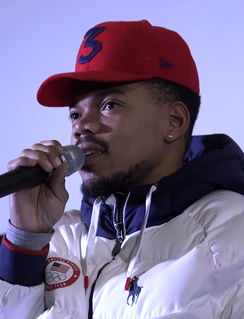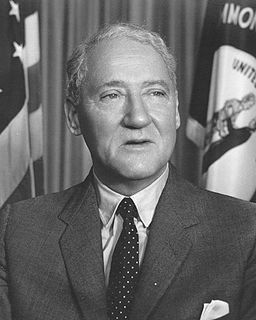A Quote by Ileana D'Cruz
I have been parts of some films in the South where I didn't expect certain shots to be shot in a certain way. I wasn't experienced enough; I was very naive. I didn't have the standing of an actor to say that I don't want to do this shot.
Related Quotes
The time to hurry is in between shots. It's not over the shot. It's timing how people walk. You have to add that to the equation. If you've got somebody walking slow and they get up to the shot and take their 20 seconds, what's the aggregate time for them to hit that shot in between shots? That's what really matters. It's not the shot at hand.
It's been a part of my game for life. It's tougher to finish in the lane so you've got to find different areas to score efficiently and the mid-range contested shot is a shot a lot of teams will live with. And it's a shot I'm willing to live with as well just because I've gotten so many shots at it and I'm comfortable with it.
Every shot feels like the first shot of the day. If I'm on the range hitting shot after shot, I can hit them just as good as I did when I was 30. But out on the course, your body changes between shots. You get out of the cart, and you've got this 170-yard 5-iron over a bunker, and it goes about 138.
I love the rehearsal, as long as it's not over-rehearsed. I love it when the actors can rehearse until we feel really comfortable, and then the crew come in and shoot it. I'm not especially a big fan of rehearsing with the crew and the crew rehearsing and, "Let's rehearse this tracking dolly shot 25 times until it's just right." Television has to be shot a certain way to have a certain look. And sometimes the tried-and-true method is the best.
If I'm ever working on a set and anyone talks about a master shot, I say there is no master shot. Before I even went to film school, I learned about movies by being in a British feature film, where everything was shot master shot, mid-shot, close-up. But I reject the idea of a master shot. You don't shoot everything mechanically; you find imaginative ways that serve the action.
